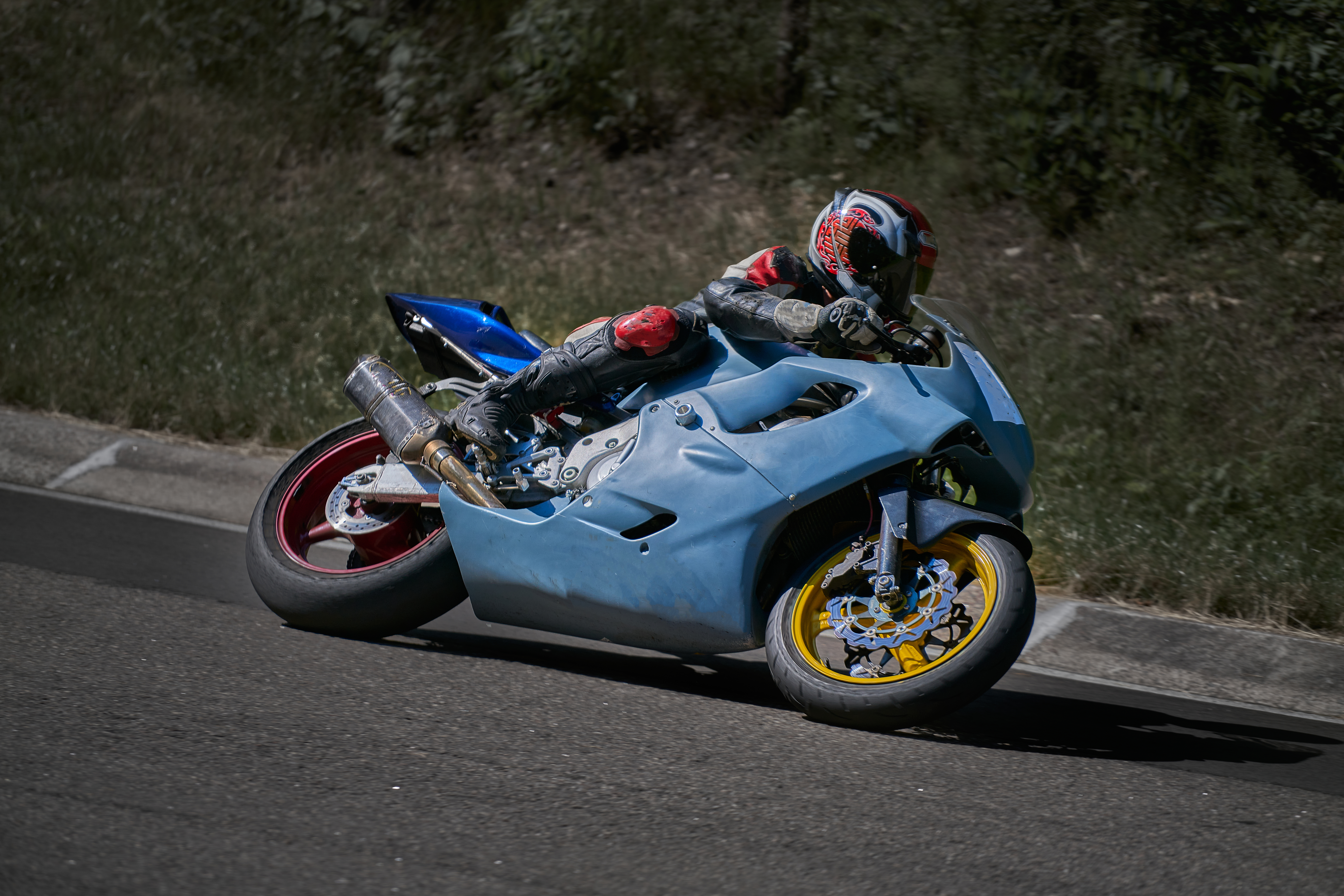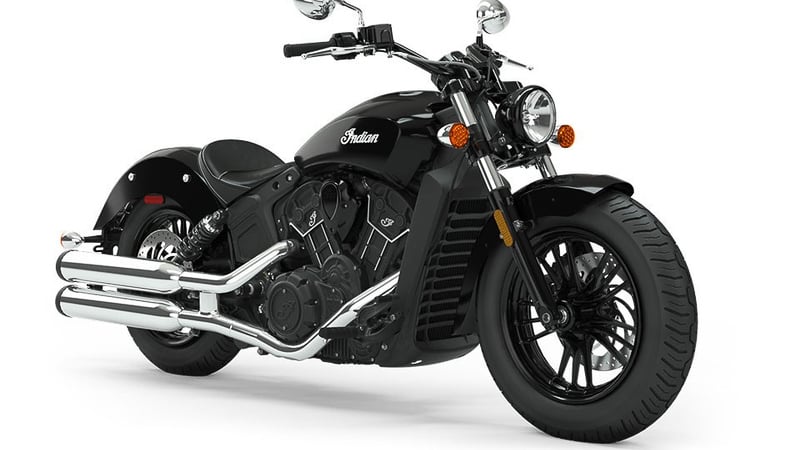2 min read
How To Upgrade Your Indian Scout to a Scrambler
 Madison "The Machine" Davis
:
Aug 29, 2022 12:00:00 AM
Madison "The Machine" Davis
:
Aug 29, 2022 12:00:00 AM

Loving your Indian Scout Sixty, but wanting a more Scrambler feel? We know the hottest trend in motorcycles has been the Scrambler in the past few years, and it doesn’t seem like it is going to cool any time soon. The market once was cornered by Triumph, as they were the only option, but more manufacturers have been putting their hats into the ring, including the Indian Scout Scrambler.
One, in particular, is Ducati, which now boasts multiple models. Though Indian has yet to officially throw its hat in the ring, they have disrupted the flat track world in American Flat Track Racing and Hooligan Racing. They are even set to release a street-legal version of the record-breaking FTR750, the FTR 1200.
How To Give Your Scout Sixty A Scrambler Upgrade
How to Build a Scout Scrambler
Though not a scrambler, tracker bikes share a similar concept; longer rear shocks, dirt bike-style handlebars, skid plates, and off-road tires. The difference is their intended use. So, if you have a Scout Sixty, and are looking for something more wilderness, then dirt track. Here are a few things you can do it get started.
Step 1: Change the Lines of the Bike
First, you need to change the lines of the bike. The Scout Sixty by nature is low-slung with a big rear fender that hides the gap traditionally found on non-rigid frames from fender to tire. Start by having your mechanic install longer shocks. A good starting point would be around 12 or 13 inches. The Progressive 444 series run about $611. More expensive shocks can be found with easy adjusting, and individual reservoirs, but be prepared to pay over a grand, labor not included.
Step 2: Rear Fender and Handlebars
Now that the bike is sitting a little higher, decide whether are not you want to change out the rear fender. If you don’t great! Move on to the handlebars. If not, there are a couple of options. First, have your mechanic swap fenders to the Scout Bobber fender. It is more minimalist which is the spirit of the scrambler at its core.
Another option would be to have them put in a tracker conversion kit. There are not many available, but Roland Sands Design sells a tracker kit for about $1600. Personally, I would go with the Bobber rear fender as I like the idea of it looking like a Scout turned into a scrambler versus the flat track look. Plus, if I am going to throw $1600 for a tracker kit, labor not included, I would just wait till the FTR 1200 comes out and trade the Scout Sixty in.
Step 3: Handlebars and Exhaust
Now that the rear fender and rear shocks are done. The next step would be the handlebars. Technically you could leave the stock bars on, but when you hit the dirt you’re going to want something a little higher for when you stand on the pegs. Talking about pegs, swap them out for adventure/dirt-oriented pegs as they have mini teeth to help with grip. As for the bars, look for a dirt bike style like Burly’s 1” Scrambler bars.
Next, exhaust. Scramblers usually have a higher exhaust. It keeps it from getting water in from the occasional shallow water crossing, and from scraping when going over rocks or logs. Trask’s 2-into-1 exhaust system fits the bill for about $800.
Step 4: Tires and Skid Plates
Lastly, tires and skid plates. As for the skid plate, your best bet is to get with your mechanic and have one fabbed up for you. Though you don’t have to have one, it is recommended to protect the underside. For the tires, look for a dual sport tire as they will give you they will be a happy medium on the road and trail.
Wrapping Up
That’s it. There isn't a whole lot involved in creating a scrambler Scout, such as the Indian Scout Scrambler. The idea behind the scrambler design is to take the machine you have on the roads less traveled. It’s not an adventure bike, nor a dual-sport. But these are a few design changes that you can make, that will make your journey more enjoyable.
